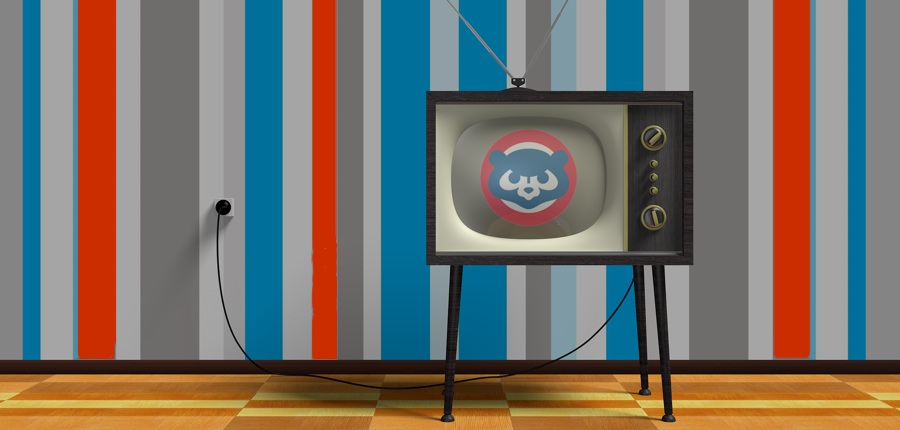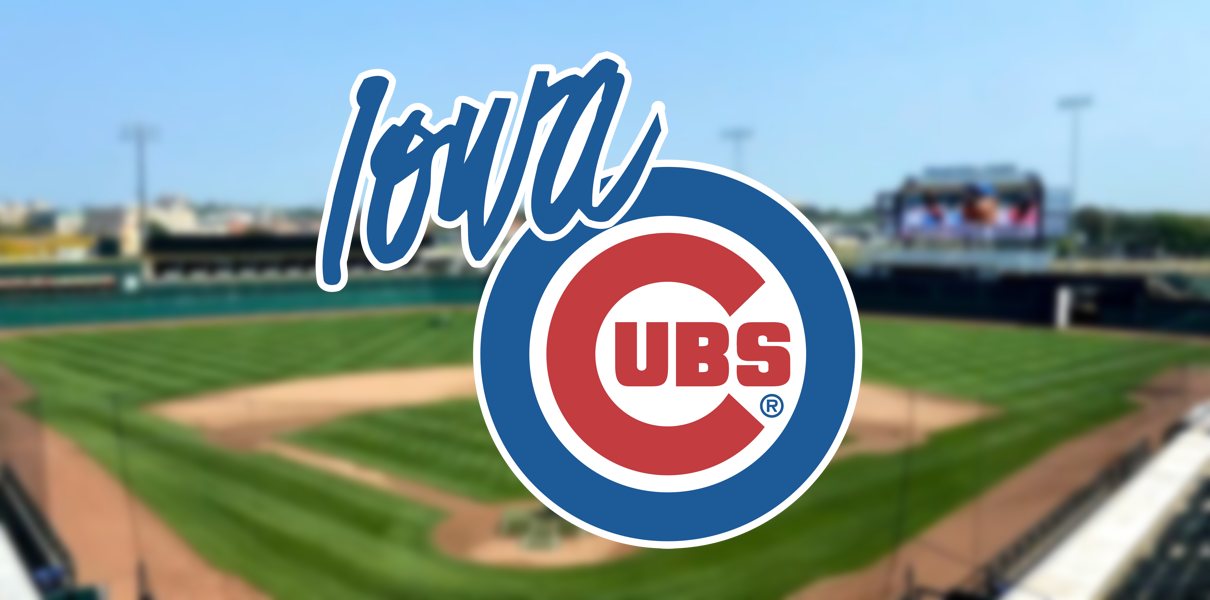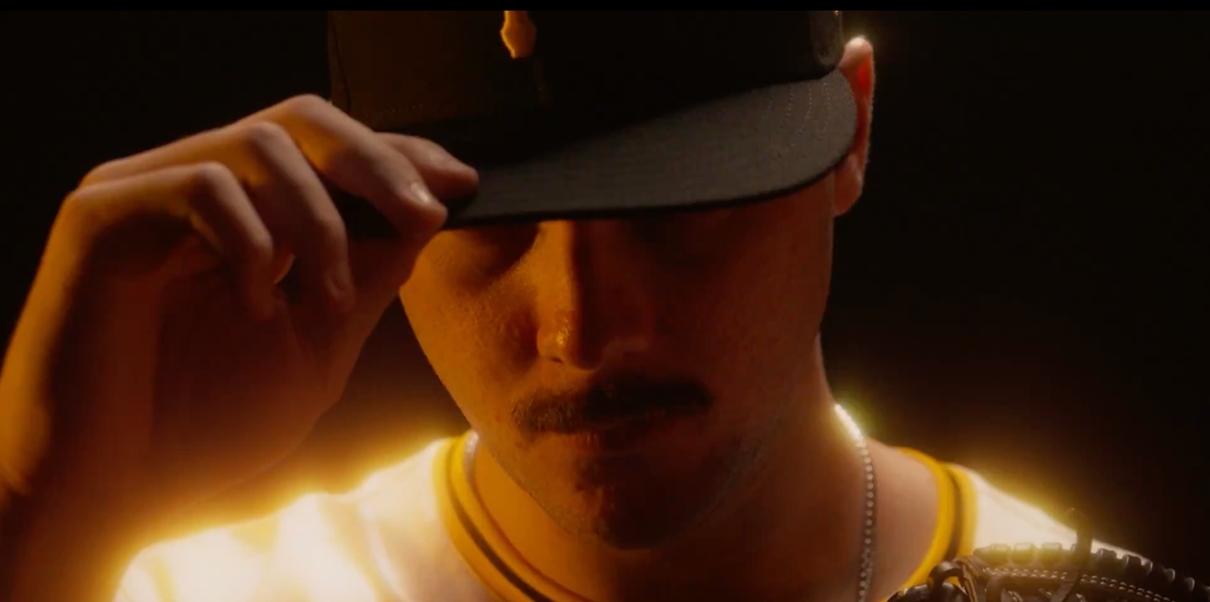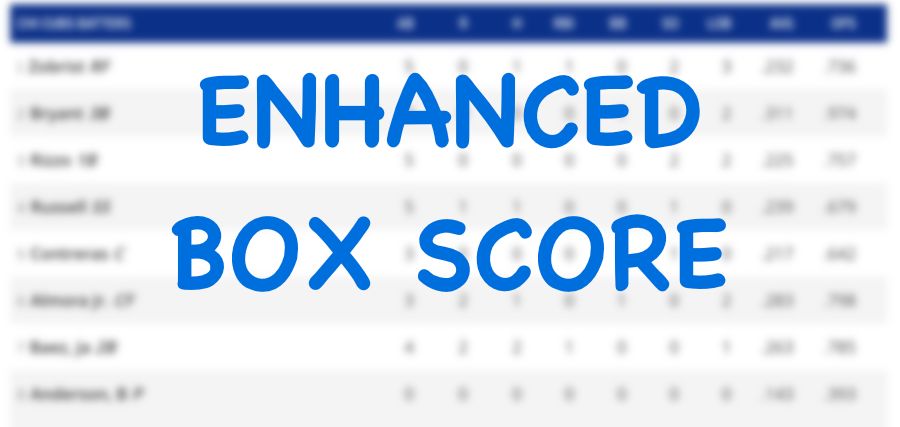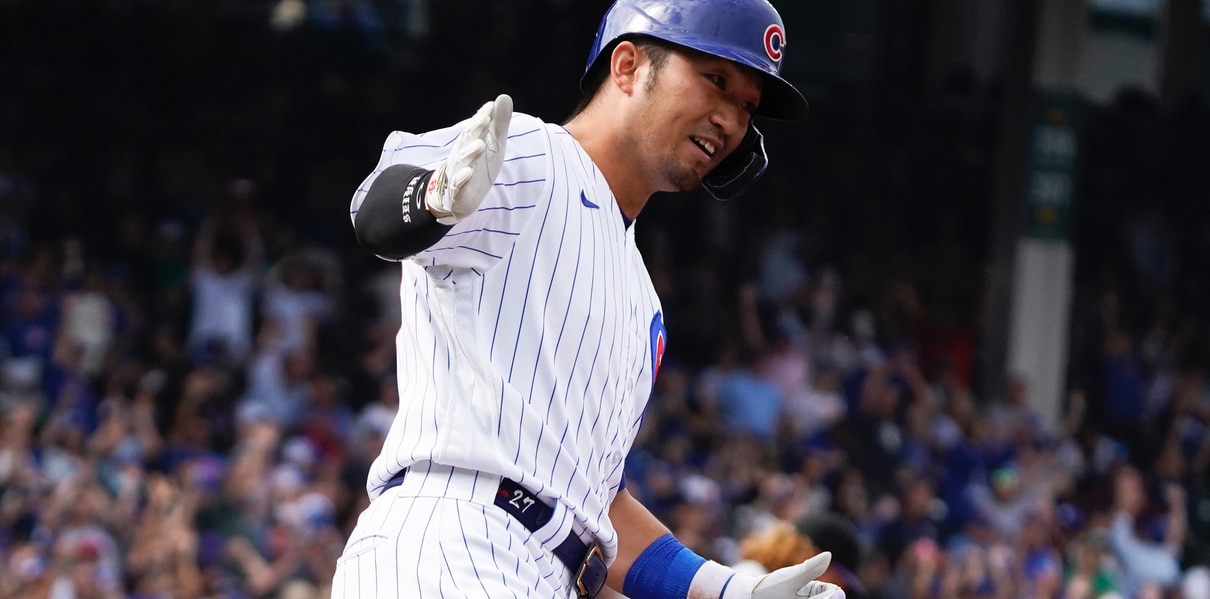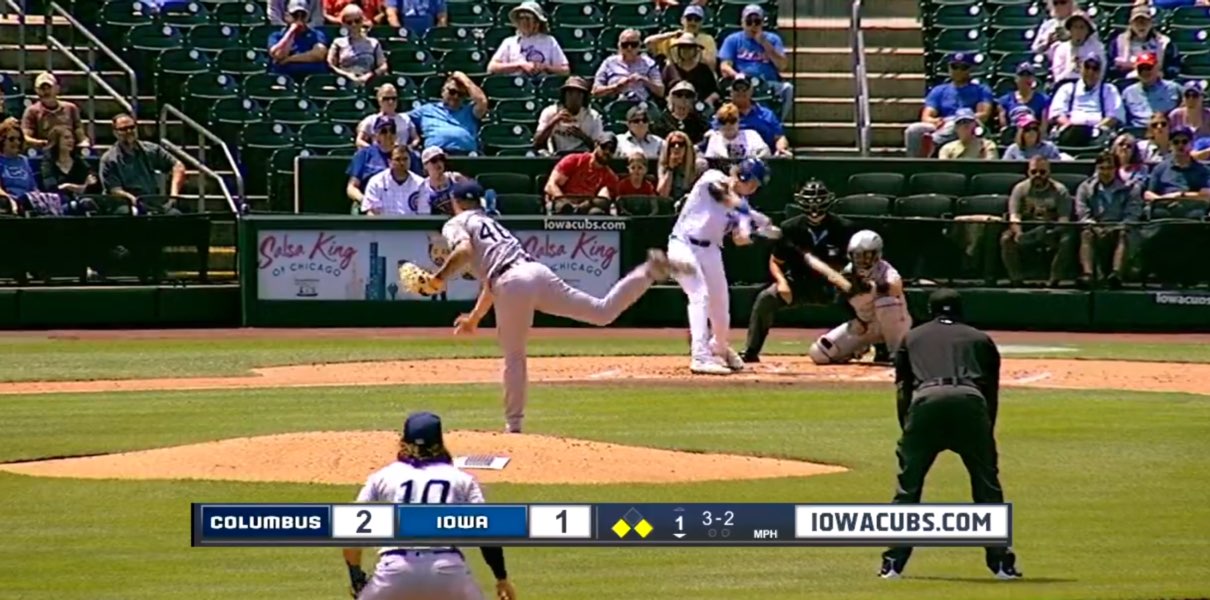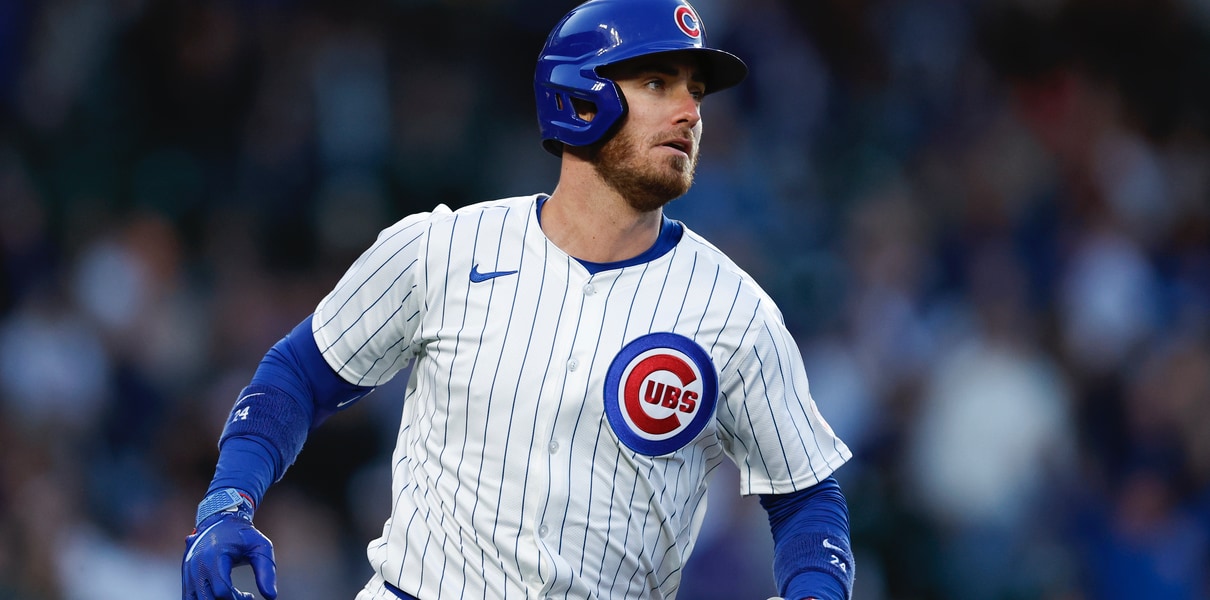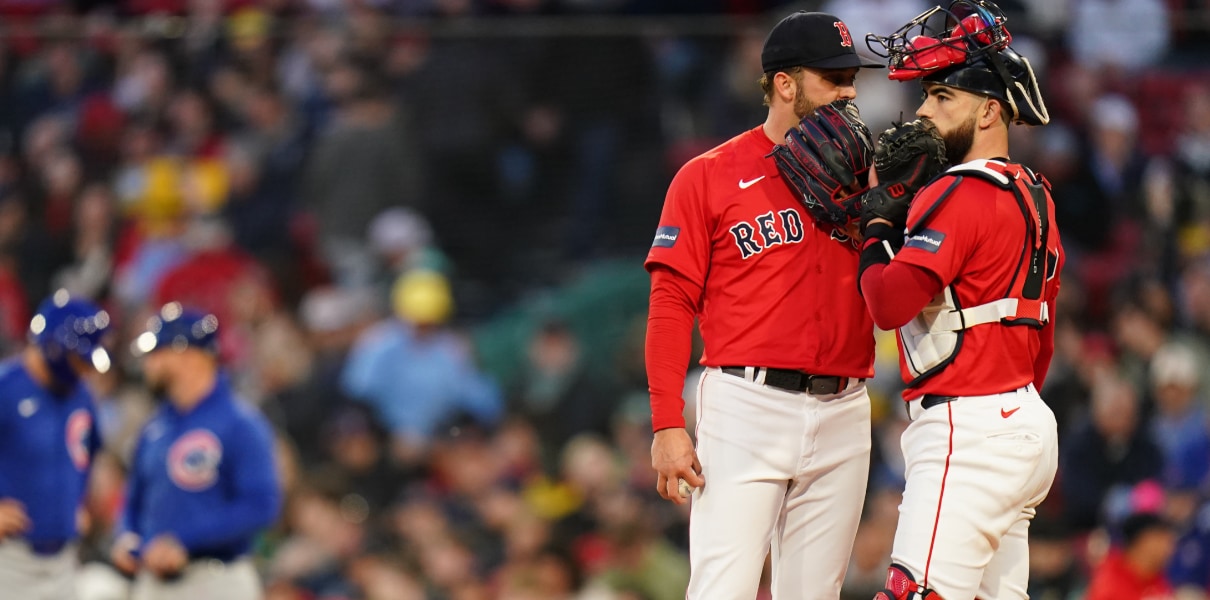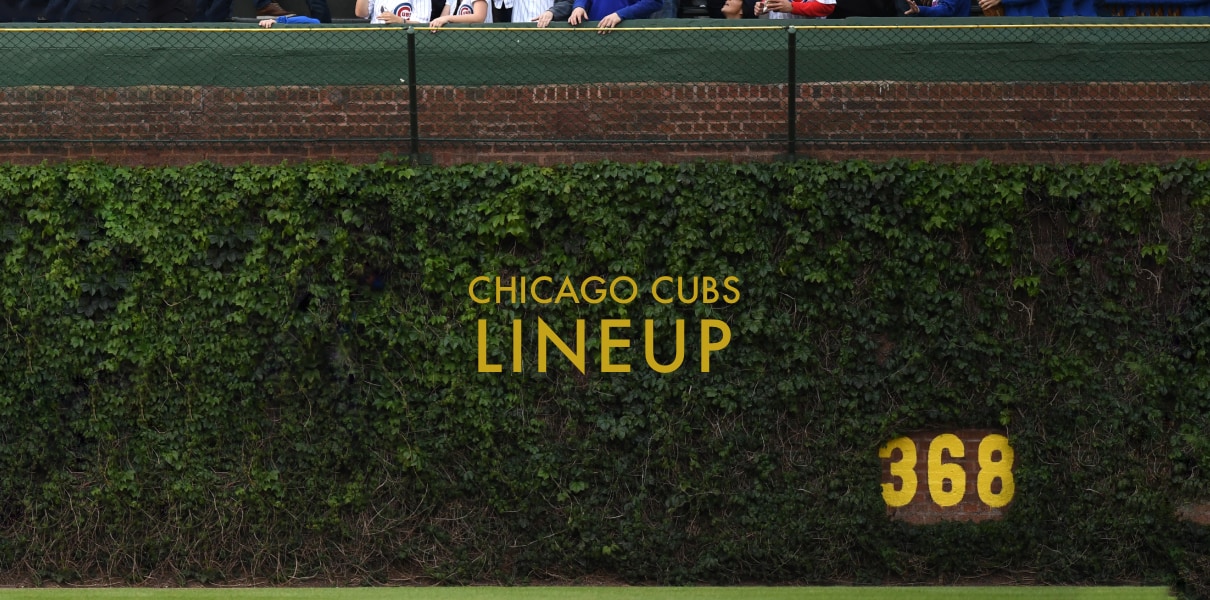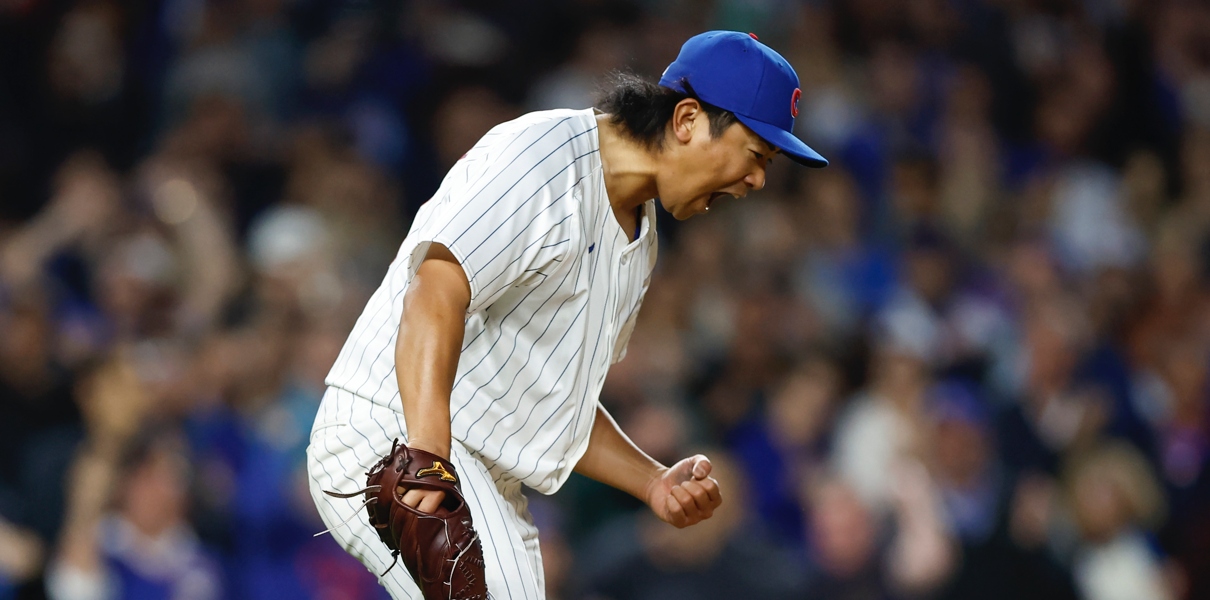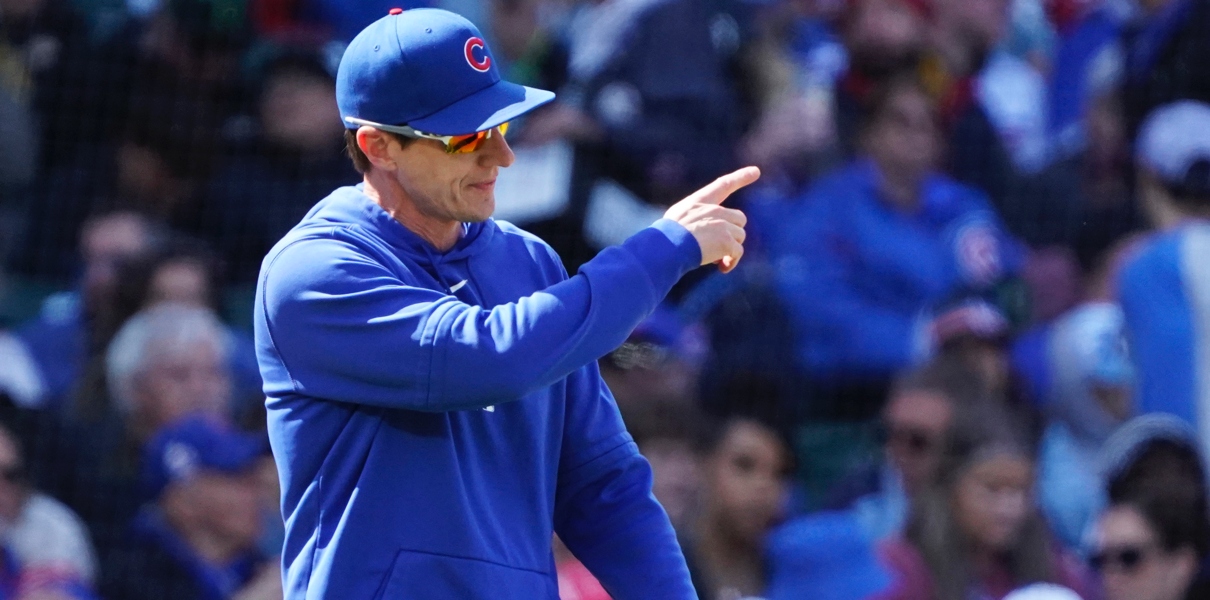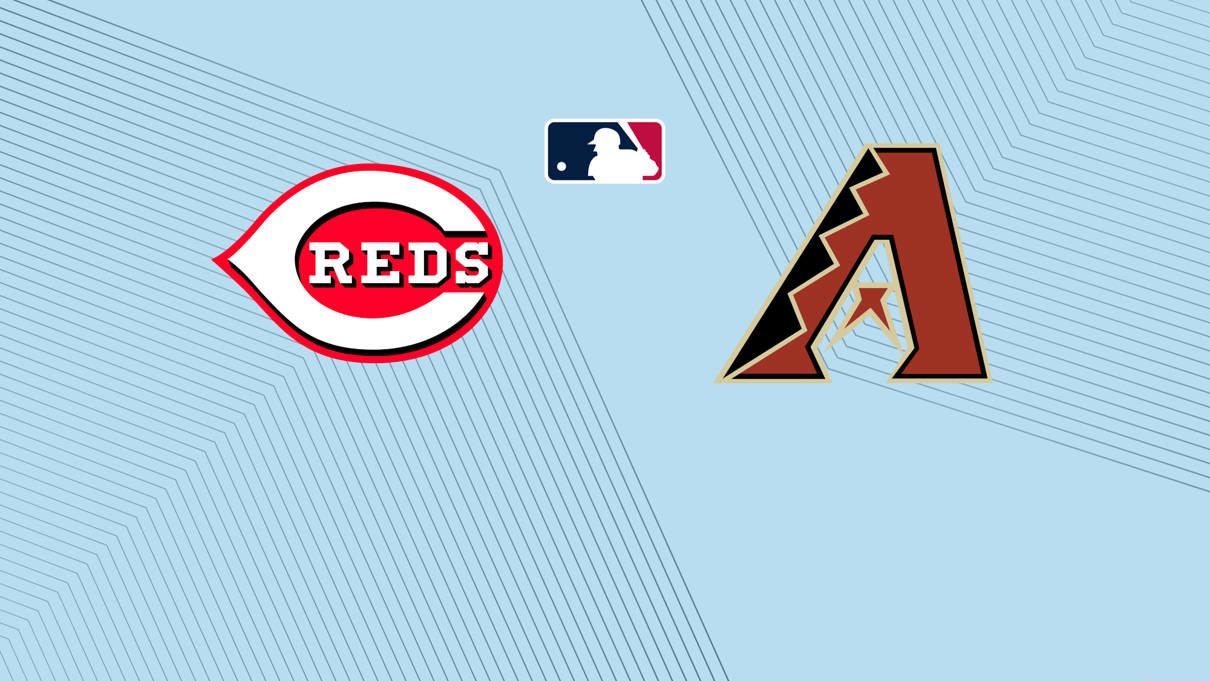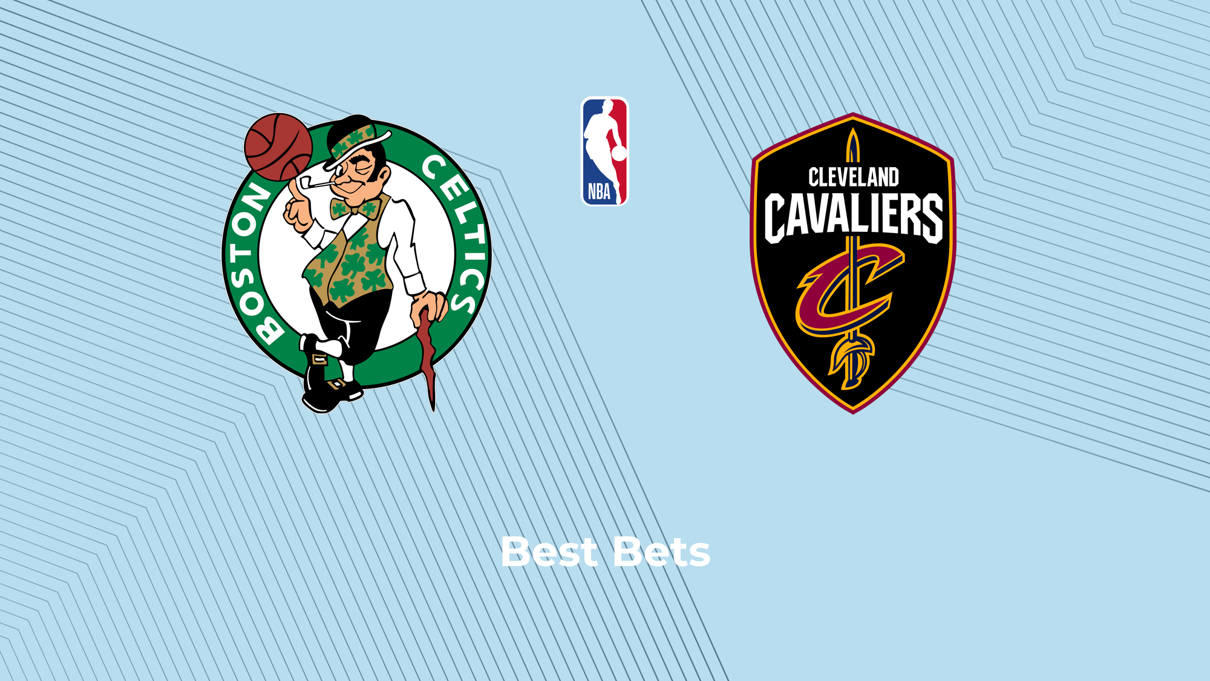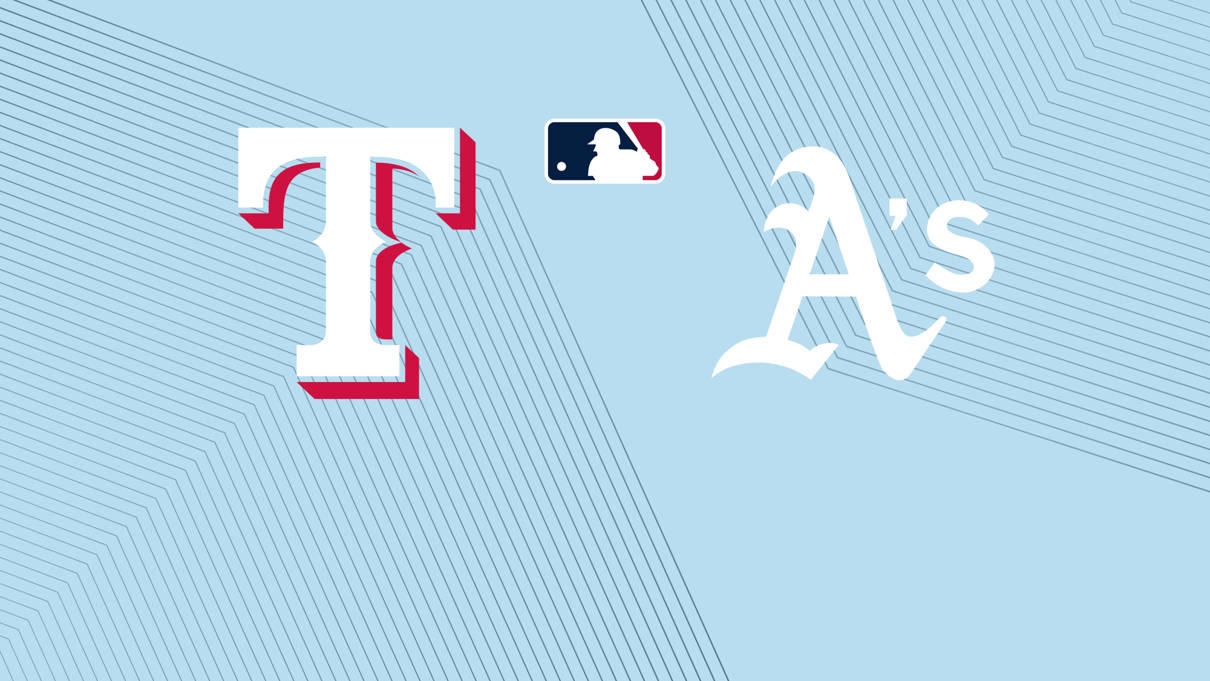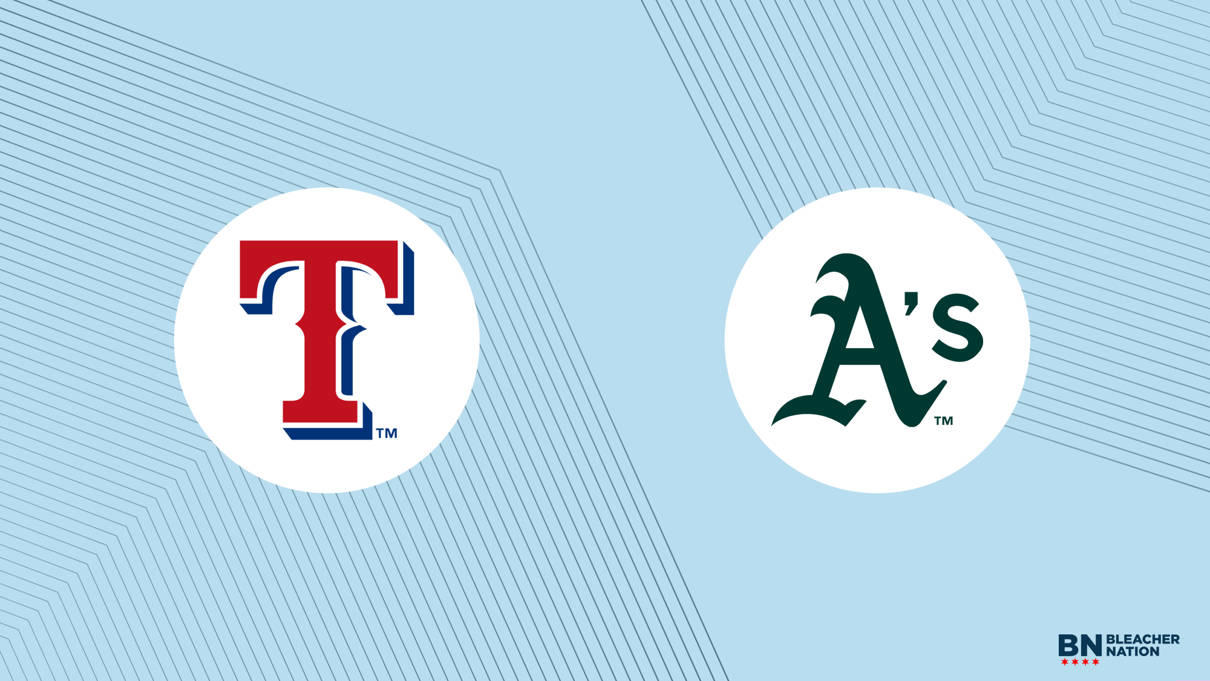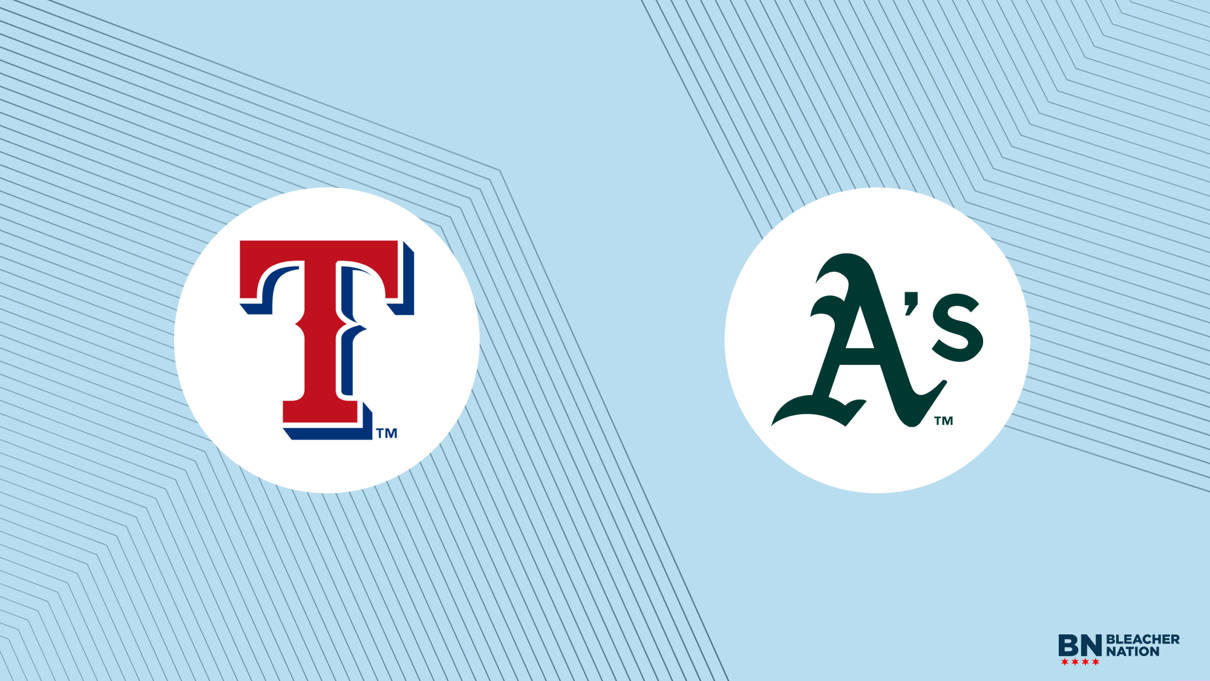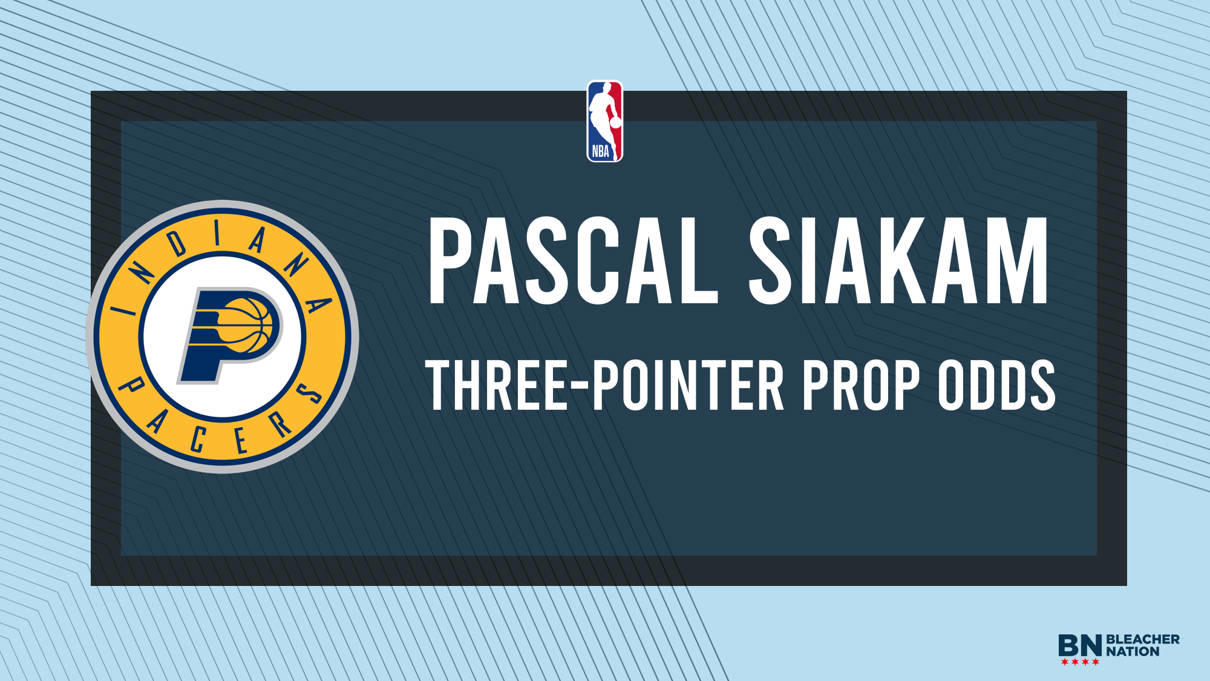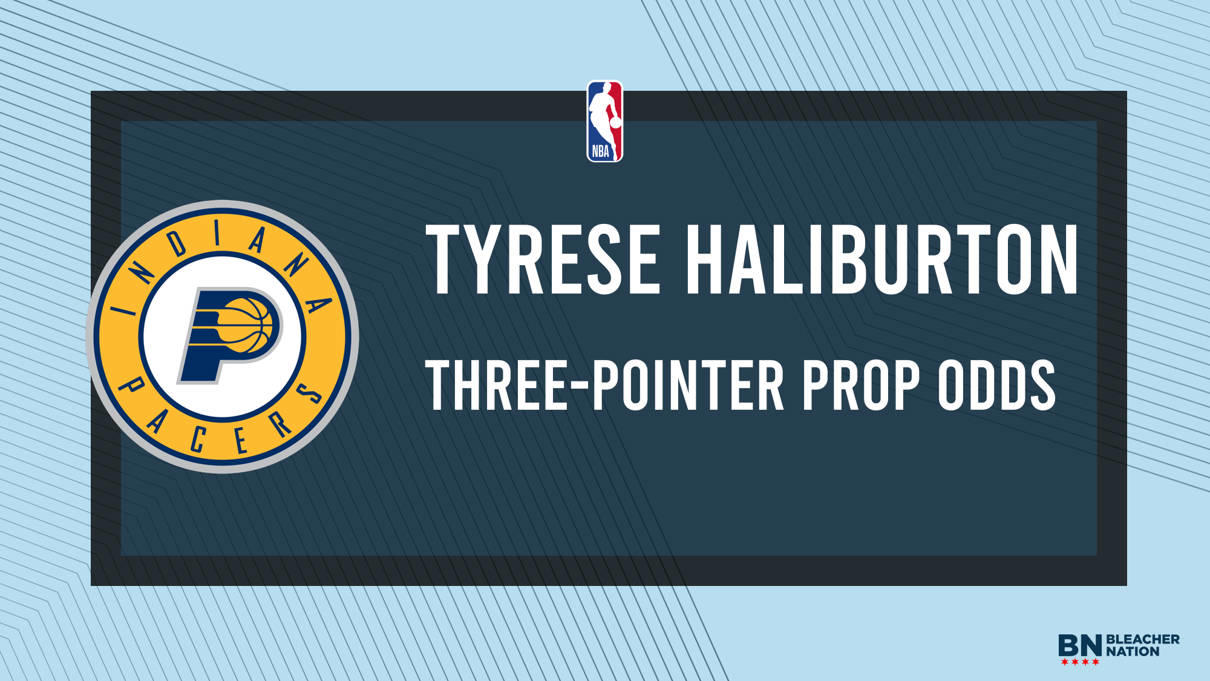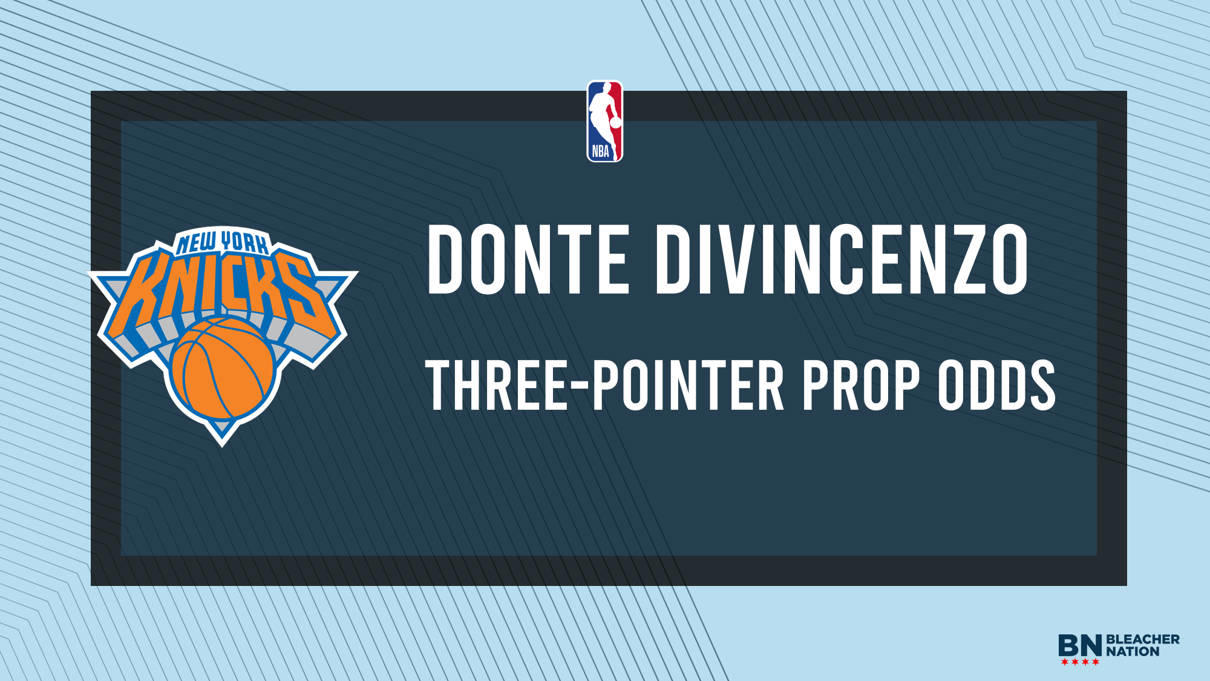UPDATE: Because this is such a complicated, but extremely important, topic – and because the last news was only a few weeks ago – I thought it best to share the newest information in the form of an update. This way, if you were unaware of the whole Sinclair/FOX/Bally/Streaming situation and its relationship to MLB games, the Cubs, and Marquee, you can just scroll down and read the original post for the background.
Today’s update is something I predicted in the previous post: MLB, the NBA, and the NHL may be trying to purchase the Bally Regional Sports Networks from Sinclair.
According to the New York Post, the three leagues are soon expected to work with Diamond Sports (the Sinclair subsidiary that operates the 21 RSNs) to orchestrate a buyout of the networks. That would give the leagues direct control over the RSNs that have the local broadcast rights to 14 MLB teams, 16 NBA teams, and 12 NHL teams.
Maybe this would be the start of each league starting its own national streaming service – for games both local and national, without blackouts (something MLB is reportedly keen on pursuing) – or maybe it would mean a bundled service. Imagine what would happen if the leagues created one streaming product that banded all of those games together, without blackouts, and you just pay a monthly service for access to all 42 of those teams’ games? I strongly suspect they are thinking about the extra leverage they would have to get more subscribers that way, rather than a la carte, since not every diehard hockey fan is also a diehard baseball fan, etc. (For some fans, it would be a dream come true – for others, it might just wind up an even more expensive way to follow your one favorite team. Again, this part is just my guess, by the way – it’s possible there would be antitrust issues.)
It’s also possible that just one of the leagues winds up buying all of the RSNs, or the trio split them up. But given the overlapping sports in the various markets, I would think it makes more sense for the three leagues to work out some kind of co-ownership arrangement.
Ah, but what about the other 50-ish percent of markets that aren’t serviced by these Bally RSNs? Well, for now, they would proceed as normal, until and unless the leagues took an interest in try to buy the RSNs in their areas, too (which I assume they would). But for the marquee sports franchises – no pun intended – there is going to be a lot more leverage to want to continue doing their own thing.
The Cubs are in a particularly unique situation, co-owning Marquee with Sinclair. It has not ever been reported that Sinclair is interested in selling its stake in Marquee together with the hypothesized sale of the Bally RSNs. It seems possible – and for SOME fans, it would probably be desirable for Marquee’s programming to get bundled up into the bigger package – but it’s also possible that Sinclair keeps this on the books, and the Cubs proceed to create their own direct-to-consumer streaming platform in the years ahead.
This all remains extremely fluid, as you’ll see laid out in the New York Post article. It’s unknown, for example, what would happen to the existing broadcast rights contracts (the ones that supply tons of revenue to MLB teams) if these RSNs are sold in a complex transaction involving the leagues, creditors, and a possible forced bankruptcy. That could create a lot of revenue risk for affected teams, which would include the Cardinals, Brewers, and Reds in the NL Central.
Like I’ve said for a loooong time: the way everything is trending, it’s been clear that what the leagues WANT is a single distribution vehicle for all local games, available to all fans everywhere, for a monthly price paid directly by the consumer. The transition to that world, however, has been slowed by these broadcast rights deals that rely on cable bundling to make sense. As soon as that is no longer the best way for teams to generate revenue – sounds like we’re at that inflection point – then I think the new world of much greater streaming options can finally be on the way.
*Original post follows*
It’s not a secret that Sinclair’s purchase of the former FOX Regional Sports Networks (RSNs) from Disney has been something of a debacle. Some of that was the fault of the pandemic, but some of it was a fundamental miscalculation about how much cord-cutting would or would not impact live sports programming. Live sports content was supposed to be something of a savior for the cable bundle, and while it’s still critically important and valuable, nothing was going to stem the tide of streaming change.
Sinclair is going to attempt to thread that needle by launching a direct-to-consumer streaming service for those RSNs, which were re-branded as Bally Sports. It’s the theoretical right approach, but it’s never been clear whether Sinclair actually has enough of the – or the best – streaming rights to actually create a sufficiently compelling product to make an DTC product worth more than the losses it would create for its own RSNs. (Note, of course, that Sinclair also co-owns Marquee with the Cubs, and there is interest there in creating a separate, standalone streaming service.)
Meanwhile, Sinclair faces hurdles from the very leagues whose rights it holds, with MLB, the NBA, and the NHL all rumored – well, confirmed in MLB’s case – to be wanting their own nationwide, blackout-free streaming products. The leagues want as much control over their own rights as possible, and so far, haven’t seem particularly interested in working with Sinclair to create a product – instead, perhaps, hoping that Sinclair would eventually be forced to sell the RSNs.
Which is where the latest news/rumor arrives, and it is potentially very significant:
Per the SBJ, Sinclair is now working with investment banks that have recently been active in the sports media sphere, leading many to speculate that the plans are being laid for a sale. Since that has been plausible for a while now, I bet there’s some smoke here. That said, getting to a sale is going to be a profoundly complex undertaking, as SPJ explores in the article, since there are layers of rights, technology, leagues, revenue, and debt obligations that are all intertwined in a complicated web.
There is also discussion in the article about what happens if Diamond Sports Group (the subsidiary of Sinclair that actually owns the RSNs) files for bankruptcy, which may make for an interesting thought experiment, but seems a pretty unlikely outcome. A restructuring and a sale seems far more likely to happen before bankruptcy would be the best option for Sinclair/DSG.
I tend to think if a sale does come for the Bally RSNs, you will see MLB (and the NBA and NHL) try to insert themselves either directly as an investor in a purchasing group, or indirectly by way of having some kind of formal relationship with the purchaser. In other words, if these 21 RSNs are sold, I think the priority for the leagues is going to be ensuring that they get nationwide, blackout-free access to their streaming rights in anticipation of a fast-approaching world where that is more valuable than cable rights (the protection of which is why blackouts exist in the first place).
As for the Cubs, specifically, there’s a lot of TBD in this, because their RSN is not one the same as these 21 Bally Sports RSNs. Marquee Sports Network is co-owned by the Ricketts Family and Sinclair. So if Sinclair wants to sell its stake in Marquee as part of any broader RSN sale, it’s possible the Ricketts/Cubs could just seek to buy back that share of the network so that they own the whole thing on their own.
Then again, any buyer of the Bally RSNs is going to want a piece of Marquee and the Cubs, so it’s possible Sinclair would not want to separate them if trying to maximize the value of the sale. And then again-again, it’s also possible that the Cubs would see some value in being partially tied into whatever the next big group is. So, like I said, it feels very TBD. Even moreso than with the other 21 RSNs, which seem as likely as ever to be sold in the coming months/years.
That not enough for you? From one of my previous write-ups on this very dense topic, if you want more background on this stuff and its relationship to the Cubs:
MLB Commissioner Rob Manfred spoke at a sports conference, and easily the most impactful and important topic he got into was the state of game delivery. He at least said the right thing about what the focus should be:
I like the message there – just get all the games to all the fans as easily as possible – though I’ll believe in the execution when I see it. Over the past 20 years, it is inarguable that MLB and its owners have generally prioritized short-term gains at the expense of long-term fan cultivation. The sport lives on for decades, but because of the team value boom, ownership might be much shorter. So it’s not entirely irrational for owners to prioritize the short-term when it conflicts with the long-term, but dang, you wish some folks in charge would be better stewards of THE SPORT than that. And it’ll start with make sure more and more people can easily access your games. We live in a technological era where it should be easier than ever.
One of the hurdles is that Sinclair Broadcast Group owns all those former FOX Regional Sports Networks (RSNs), which hold the game rights to just about half of MLB’s teams (and also just about half of the NBA and half of the NHL). Sinclair has a vision for a direct-to-consumer product, and that may conflict with MLB’s vision on how to improve easy access for fans.
More on the Sinclair aspect, specifically, here and here, where it increasingly seems confirmed that the plan was to gobble up as many RSNs as possible so that Sinclair could have singular control over distribution (and price). But as we’ve discussed for years now, the challenge in creating a direct-to-consumer product (“DTC,” i.e., another standalone streaming service) that features RSNs is that the monthly price tag would have to be enormous to compete with the carriage-fee version that is currently wrapped up in cable bundles (because a whole lotta people are “paying” for RSNs that don’t actually care about them – so if you go DTC, then you ONLY get the people who REALLY want to pay extra for the RSN). To be honest/cynical, the articles – and the comments from Manfred and NBA Commissioner Adam Silver – read to me like the sides are simply involved in a nasty negotiation about how to create the best DTC product, and everyone is trying to grab leverage.
On that point, here’s your biggest takeaway as a Cubs fan, where Marquee has the game rights as the cable partner, and the Ricketts Family is the majority owner of Marquee (Sinclair is a minority partner): although teams currently control their own in-market streaming rights (meaning they can either let their cable partners serve the games up digitally, or the team COULD create their own DTC product), Manfred basically said he wants all of MLB to be under one umbrella. He didn’t say it explicitly, but it sounded like he was talking about something like MLB.tv, except NOT just for out-of-market. Remember: the only reason regional blackouts are a thing in MLB is to protect the value of cable rights. But if that whole world is going away, then there will cease to be a reason to so savagely protect local broadcasts with blackouts on streaming services.
Obviously that’s the DREAM scenario for baseball as a whole, but the internal problem they’ll run into is figuring out the revenue sharing – the Cubs, for example, would drive a crapload more subscriptions to that service than the Pirates, so who gets what portion of the revenue? (The Cubs might argue for a bigger chunk, but MLB might argue for an even split to reinforce parity AND because the Cubs don’t get to be the Cubs if they don’t have other teams to play.)
Stray thought: I wonder if MLB, the NBA, and the NHL could try to create one streaming service for all three sports (including ALL non-national games, with no regional blackouts), which would be uber convenient for fans, though the price tag would be really huge to account for the new version of a “bundle.” (And all of this gets even more complicated when you consider that ESPN/Disney could get involved (recall, they are now the majority owners of the streaming technology originally invented to stream MLB.tv, BAMTech), and they have their OWN issues trying to sort out the streaming versus cable bundle mess.)



